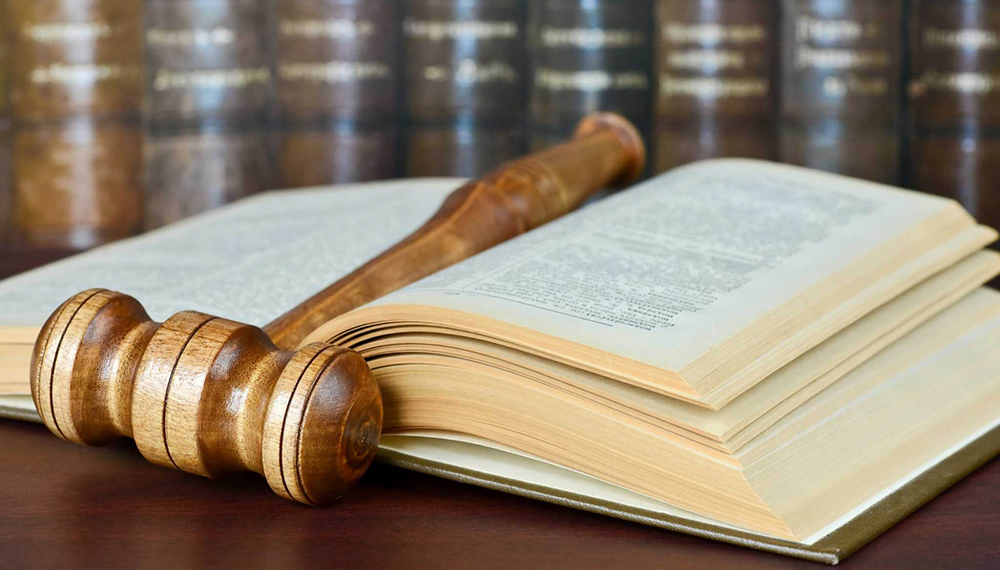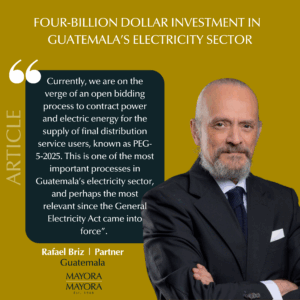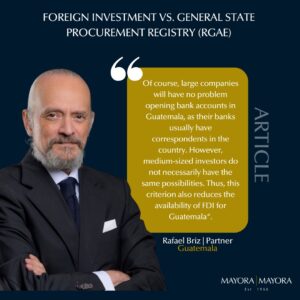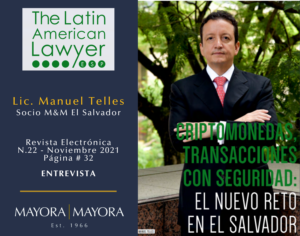By: Rolando Suria and Alessandra Dubón.
ENTRY INTO FORCE OF AMENDMENTS TO THE CRIMINAL CODE OF EL SALVADOR
Through this bulletin, we wish to inform you of the amendments to sections 1 and 4 of Article 147-E of the Criminal Code of El Salvador, as well as how their application impacts substitutions of criminal penalties.
- Through publication in Official Bulletin No. 191, vol. 433, of October 7th 2021, the sanctions applicable to persons for reckless driving of motor vehicles were amended.
- The amendments are based on an increase to prison terms for individuals driving under the influence or intoxication of alcohol or drugs limiting capacity to drive; those disputing the way between vehicles and those who carry out speed competitions on public roads, without prior authorization from competent authorities.
- The increase to the penalty ranges from four to six years of prison time in the case of private vehicles, and five to eight years in the case of reckless driving of motor vehicles for public transportation of passengers or cargo.
- Since the penalty is increased to more than three years of prison, the crime of reckless driving is excluded from the possibility of substituting prison time for other sanctions. Therefore, measures such as replacement of prison time (article 74) and conditional suspension of penalty execution (article 77), both foreseen by the Criminal Code, may not be granted to those guilty of this crime, rendering inapplicable the weekend arrest, public service work and fines.
- To determine when a person commits reckless driving, the General Regulation on Transit and Road Security of El Salvador states (article 171) that a person is presumed to be driving under the influence of alcohol if the concentration of alcohol in the blood is higher than one hundred milligrams of alcohol per one hundred milliliters of blood (0.10%). The person is considered in a state of inebriation, situation which may be determined through the Alcotest and blood analysis.
Mayora & Mayora, SC.





